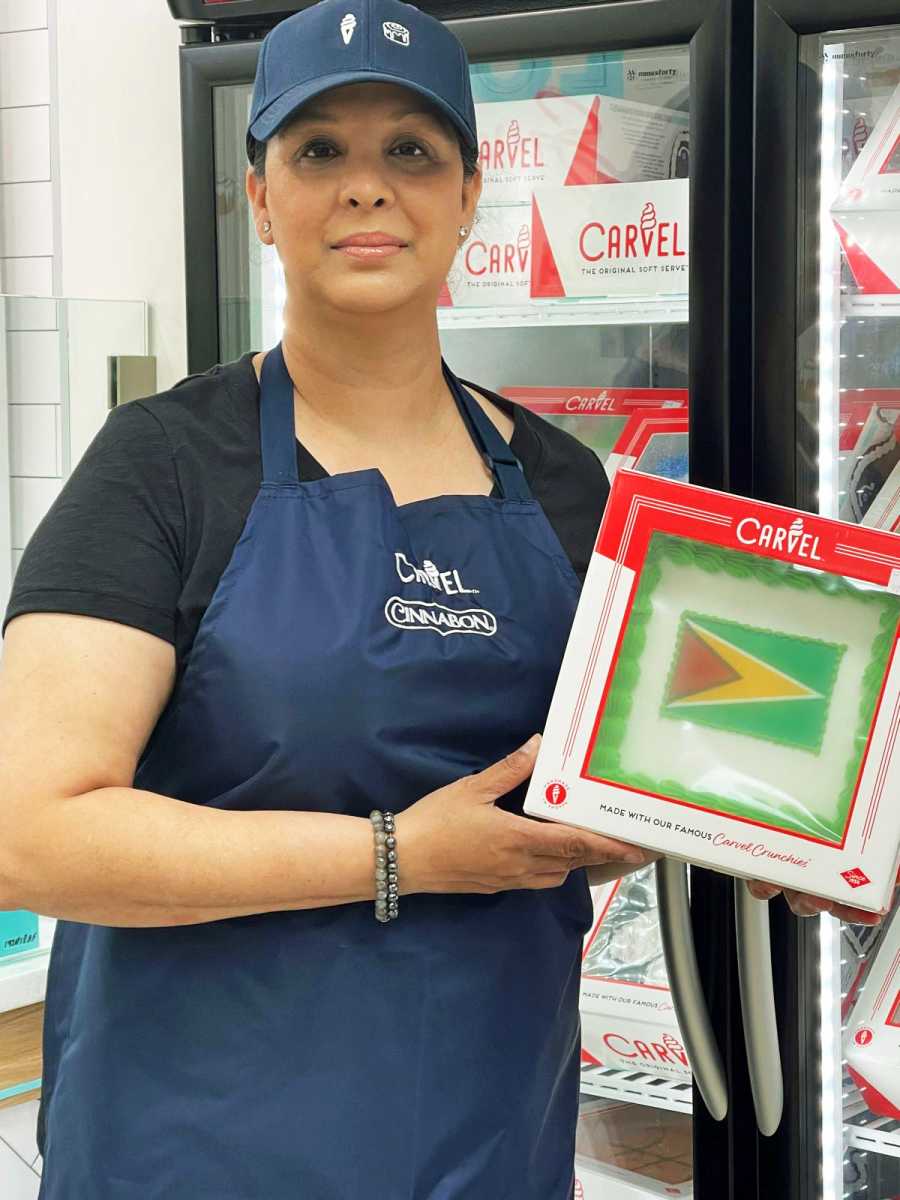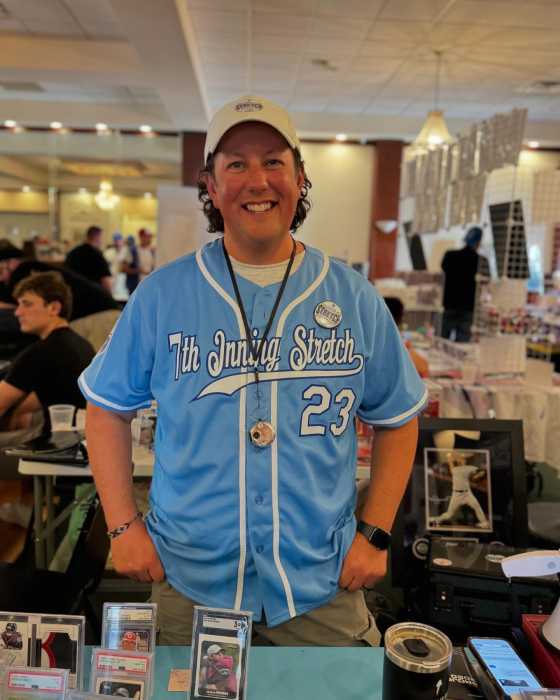Dr. Esther Benenson grew up in Brooklyn, wanting to help the perennially hospitalized in any way possible. The daughter of two health care professionals, she spent entire days with patients, assisting them with eating and tying their shoes – tasks taken for granted by those sound in mind and body.
These small gestures of kindness grew exponentially as Benenson matured and soon her charitable ways were transformed into full-blown professional assistance. She began her career as a registered nurse and as an assistant administrator – and has remained active in the field over the last five decades.
“I’ve always felt it was important to help people,” said Benenson. “But it goes beyond just helping. There also needs to compassion to help the healing process.”
Compassion is character trait that Benenson has in excess. She is the executive director of Flushing Manor Nursing & Rehabilitation, where both short- and long-term patients are treated by dedicated professionals. They use state-of-the-art equipment in a setting that is more country club than laboratory.
She feels it is important to give patients a nurturing environment that promotes recovery and independence through a high standard of caring, regardless of the ailment.
“The most important thing is to make them feel wanted and cared for,” she said. “And also to give them a measured amount of independence. It helps to heal their minds and that promotes a healthy body.”
Tantamount to a successful nursing program, according to Benenson, is an exceptional staff that possesses a unique capacity for compassion and understanding. She hand picks her staff through a rigorous interview process of her design, singling out those she deems capable.
“In the interview process, I make sure they are asked about their feelings on the elderly, that is how you build an outstanding staff,” she said. “You can teach them other things, but you can’t teach them care and compassion.”
A passion for caring is something that Benenson shared with her late husband, Dr. William O. Benenson. He died in 1996 while they were in the midst of constructing a rehabilitation pavilion, which she named in his honor in 1997.
“My husband was a perfectionist in healthcare,” she said. “I am carrying on his legacy.”
She is carrying his legacy to new heights, as U.S. News & World Report recently named the Dr. William O. Benenson Rehabilitation Pavilion one of New York State’s best nursing homes.
“That was a prestigious honor,” she said. “I’m a perfectionist, so recognition feels good. I’m after my staff all the time; I want them to constantly improve and to be better at care than they were yesterday.”
That such an honor would be bestowed upon Benenson’s hard work should come as no surprise to any one familiar with her career path. Her extensive academic achievements signal her drive to increase her knowledge in the healthcare field.
She was awarded an Associate’s degree in Applied Science from Queens College, Bachelor and Master of Science degrees from Hunter College, as well as Master’s and Doctoral degrees in Gerontology from Columbia University.
She has also passed her passion for patient care and professionalism to the next generation of administrators through lecturing and teaching at colleges and universities. She served as an adjunct professor at C.W. Post College in the Department of Healthcare and Public Administration.
Additionally, Benenson was instrumental in the development of licensure for nursing home administrators, serving as the initial New York State Board of Examiners for Licensing Nursing Home Administrators, which developed the standards and examinations still in use today. She is the proud holder of license number 00001.
Benenson’s gold standard in healthcare professionalism might be hard for other institutions to live up to, but she feels that this country has made great strides in care and that the elderly are better off now then they have ever been.
“We have specialized places in this country where the aged are treated better than they were years ago. We are more sophisticated and more caring,” she said. “We are still learning in all areas and there is always room for improvement, but there are some great people providing some great care.”






































